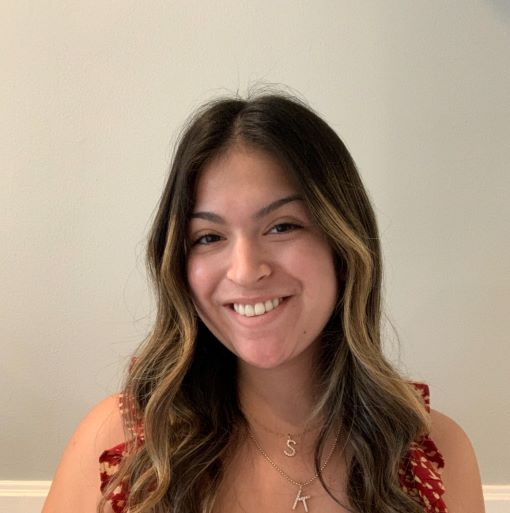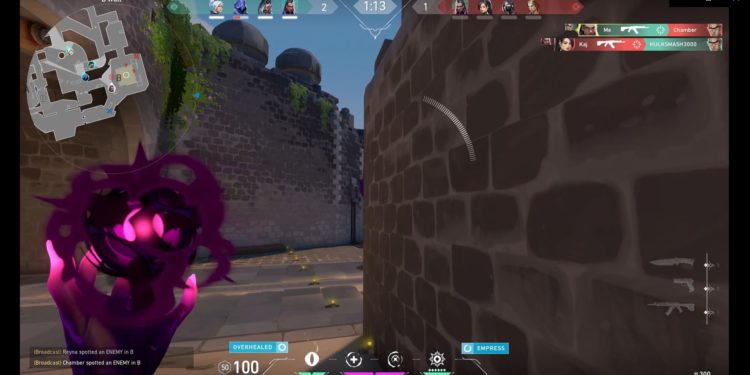The world of esports is making its presence known here at Samford.
Dr. Betsy Emmons, a professor in the Journalism and Mass Communication department, shared her knowledge on esports from the course she’d taught in the past. Dr. Emmons defines esports as “online gaming that’s turned into a competitive sport and also a spectator sport.” She says, “there has been an increasing understanding that the term sport is extremely broad and can include more than what is encapsulated by strict rule.” Dr. Emmons says esports “can be highly competitive and entertaining with tournaments supported by sponsors and monetary prizes [that] helps legitimize the industry.” Dr. Emmons explains that “these competitions and prizes help these esports teams qualify for consideration for international competition events like the Olympics.”
Esports branches so much further than just the collegiate level. Samford itself doesn’t have an esports team, but there is a student organization called Community of Samford Gamers that have an esports department. Cooper Sullivan is the current esports director for the club, overseeing all eight teams covering games like Call of Duty, Rainbow Six: Siege, Overwatch, Fortnite, Rocket League, Super Smash Bros, League of Legends, and Valorant. Cooper tells us that “not all games are run the same, so tournaments, in turn, vary as well.” Cooper is not only the director but is also a part of the Valorant team, which they practice every Wednesday night. Cooper explains that “the team will talk through strategies, improvements, logistics, and will then run the game a few times for practice and applied implementation of their previously discussed strategies.” “Esports is a constantly evolving field where games are changed and updated every two weeks,” Cooper adds. Because of this constant turnover, it’s necessary for the team to meet to navigate and become familiar with these alterations.
There is a collegiate league that Cooper and his team compete in called the NECC, where they face off against other universities every Monday night. Cooper’s team has also done tournaments for other organizations, such as Red Bull, this past week. Cooper informs us that the club has grown, and as of September 10, CSG has 168 members with 45+ players across the eight teams. Despite being a large club, these teams are tightly knit in a bond over the umbrella of gaming.
Elizabeth Neeley, a member of CSG, tells us that she loves that esports “reaches people from different countries.” She says it’s the “coolest part because you don’t see that in other sports, being able to play people from such diverse areas.” Elizabeth also tells us she “loves how connected the community is. Because all business is handled online in the world of esports, people can connect from anywhere.” While she loves this aspect, she tells us that CSG is in the process of implementing more in-person meetings to “foster a deeper and more personal connection in the community.”






